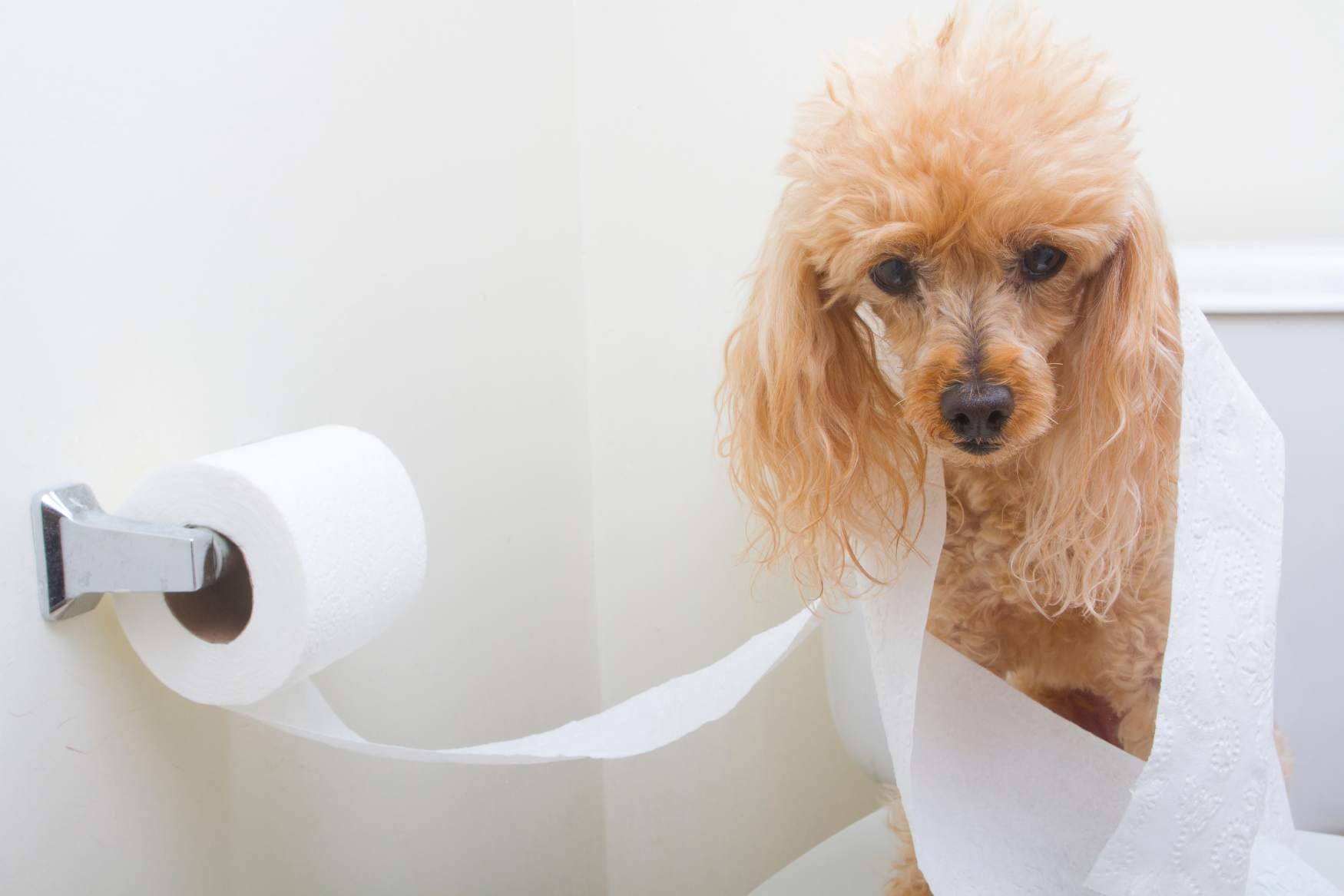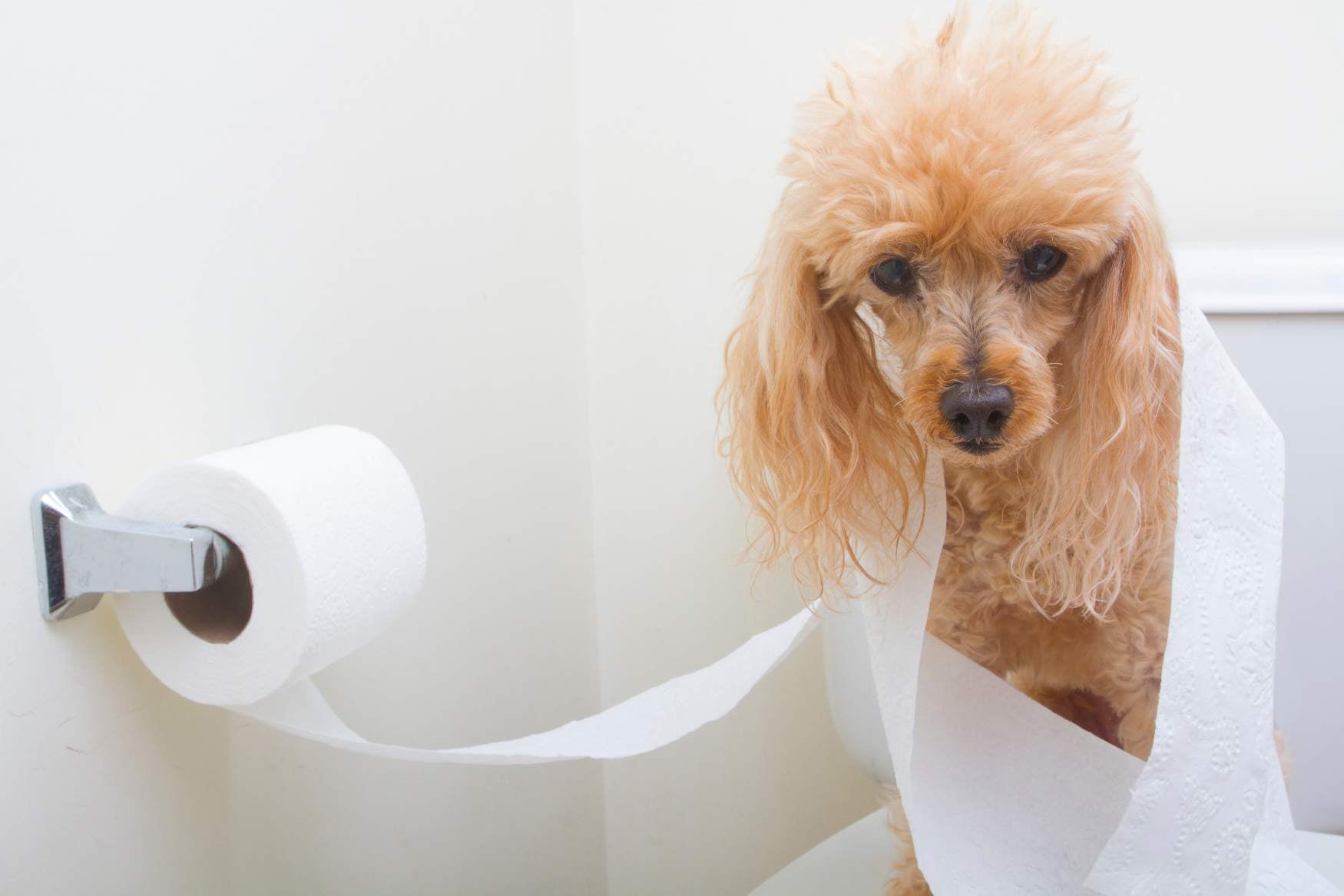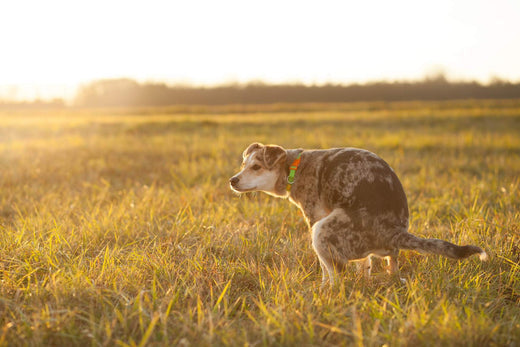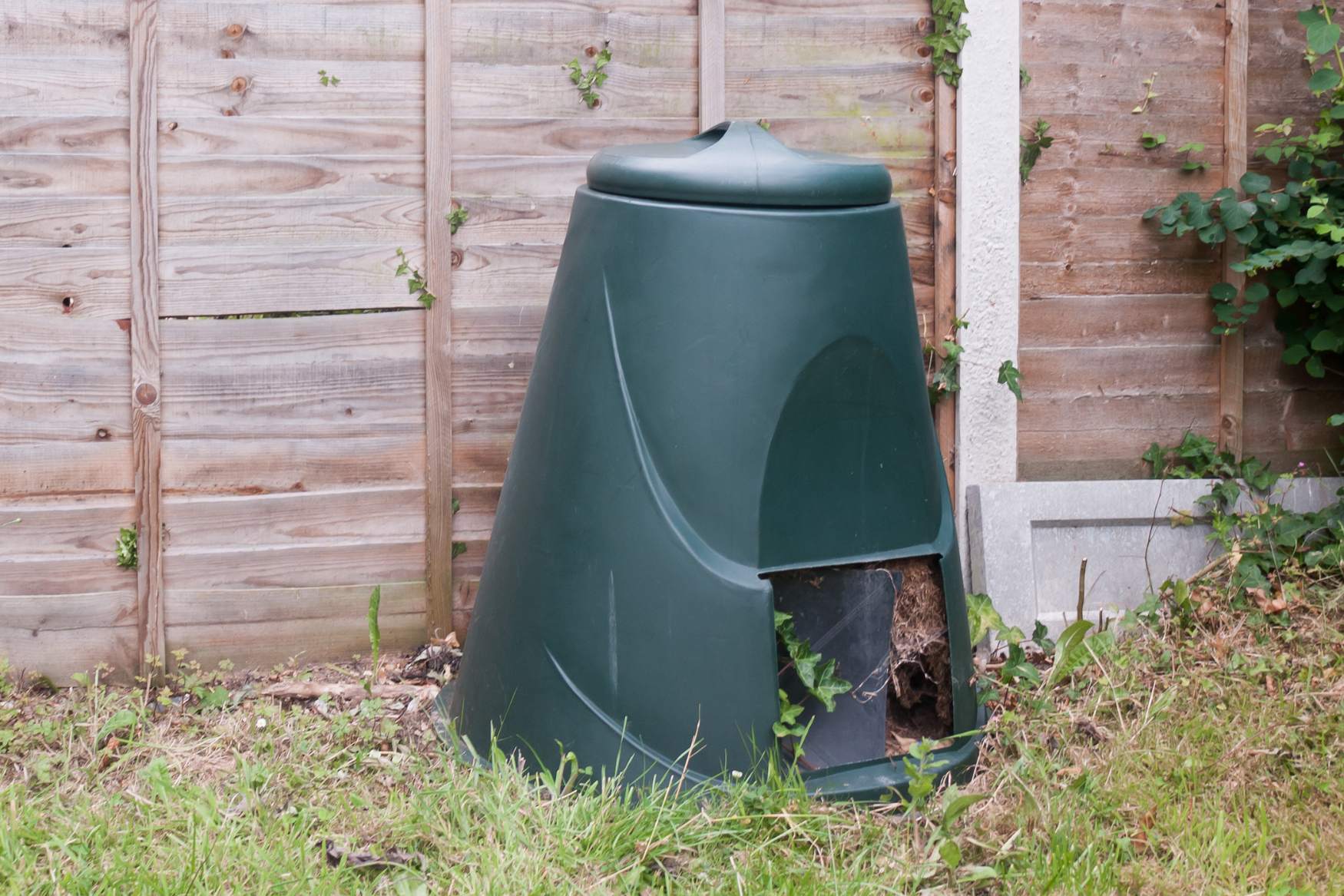The topic of flushing pet poo is a rather a murky one. The answer as to whether it's safe or not will vary depending on where you live and who you ask.
Most water companies here in the UK strongly advise against it.
This is because there are many different pathogens contained in pet waste that require different water treatment processes.
Do not flush cat poo or biodegradable or 'flushable' cat litter
Cat poo often contains a highly resistant parasite called Toxoplasma that can infect people and animals.
Many municipal water treatments do not have equipment or processes to kill it (as they're designed for humans who don't poop this parasite!) meaning it would pass into our waterways, posing a risk to humans and animals alike.
It can even prove fatal for some wildlife.
Do not flush biodegradable, compostable or 'flushable' poo bags
Many studies have shown that biodegradable and 'flushable' products, including flushable poo bags, don't disintegrate as claimed.
This is primarily because they're designed to biodegrade in specific waste composting facilities - not in cold water, like that in our toilets.
In fact, 'flushable' poo bags have historically caused $8 million in blockages in Australia so it's not recommended to try flushing these bags, despite what they claim!
The same goes for cat litter. Our old sewage systems are only designed for the 3 P's - Pee, Poo and Paper and can easily get blocked if anything else is thrown in.
What about dog poo (without the bags)?
Again, dog poo is considerably different to human poo. It contains twice the amount of harmful bacteria and also contains unique parasites.
One particular parasite, Toxocara, is highly resistant to high temperatures.
Our water treatment facilities are not designed to deal with dog poo pathogens such as this so there's a chance that they will pass through and contaminate our waterways if flushed down the toilet.
Toxocara can also infect humans, causing blindness in children and infect animals so presents a public health risk.
This is why many waste water treatment plants advise against flushing any type of pet poo down the toilet, due to the extra pathogens it contains.
Dog and cat poo can also contain medicines, such as parasite treatments, which can be highly toxic to aquatic life and may threaten the stability of entire ecosystems.
Medicines are much trickier to clean from sewage and will likely pass unchanged into our waterways.
Can flushing pet waste really ever be a viable widespread solution?
Could our old sewage systems really cope with the additional faeces of 12 million dogs and 10 million cats if everyone starting flushing their pet's poo? It's unlikely!
With such a large volume of pet waste, the risk of disease and parasite spread to people also increases drastically.
We will need a significant change to the system and treatment processes if this is to be done smoothly and safely.
Water management companies we contacted as part of our research emphasised that only the three P's - (human) Poo, Paper and Pee should ever be flushed down the toilet.
Conclusion
- Never flush biodegradable or 'flushable' poo bags and cat litter down the toilet.
- It's currently not advised to flush cat and dog faeces, due to it's pathogenic content, lack of appropriate treatment measures, and the unknown risks of excreted parasite treatments and medicines on wildlife and the wider environment.
- If you are still really keen to flush pet poo, make sure you speak to your local water treatment plant before you do so to ensure you are not putting others at risk.
What Poo Bags Should You Use?
If you dispose of your pet's waste in general waste and dog poo bins, then do so in the most eco-friendly way by using ReSEAcled Poo Bags.
They are made of existing waste and also directly fight ocean plastic pollution.
Experts advise that it's better to re-use waste that was already destined for landfill or incineration rather than virgin materials to make poo bags.
This helps reduce new plastic production and pollution, cuts carbon emissions and minimises energy use.
References:
https://cfpub.epa.gov/npstbx/files/KSMO_PetWaste.pdf
https://www.vetmed.ucdavis.edu/news/how-housecats-are-indirectly-killing-monk-seals
https://www.theguardian.com/environment/2020/nov/17/pet-flea-treatments-poisoning-rivers-across-england-scientists-find
https://www.abc.net.au/news/2017-08-09/soluble-dog-poo-bags-prove-a-flushing-hazard/8776184
https://www.veterinaryprescriber.org/free-articles/drugs-in-water-incomplete-removal-by-wastewater-treatment-plants













